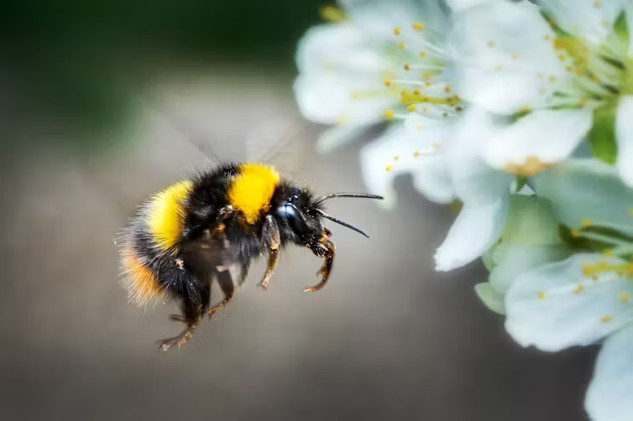
Early spring brings a ‘hungry gap’ for bees – here’s how you can help...
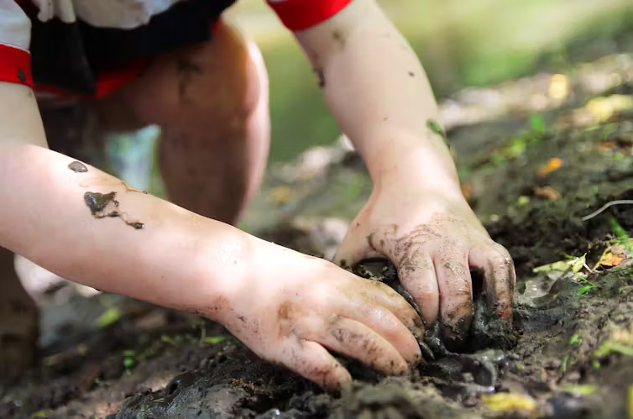
What is dirt? There’s a whole wriggling world alive in the ground beneath our feet, as a soil scientist explains
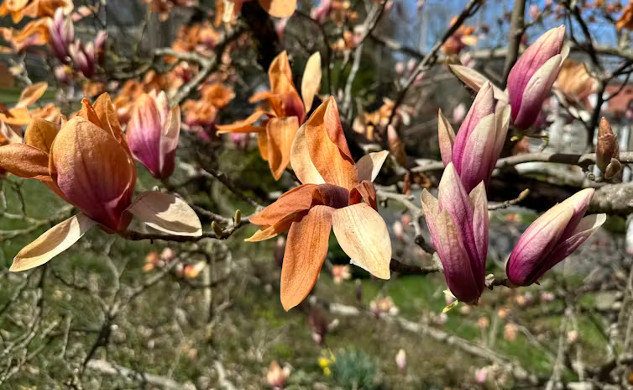
Climate change is shifting the zones where plants grow – here’s what that could mean for your garden
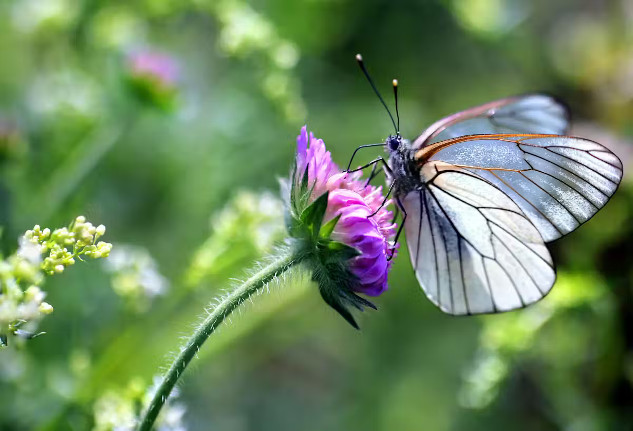
Plants are flowering earlier than ever – here’s how they sense the seasons
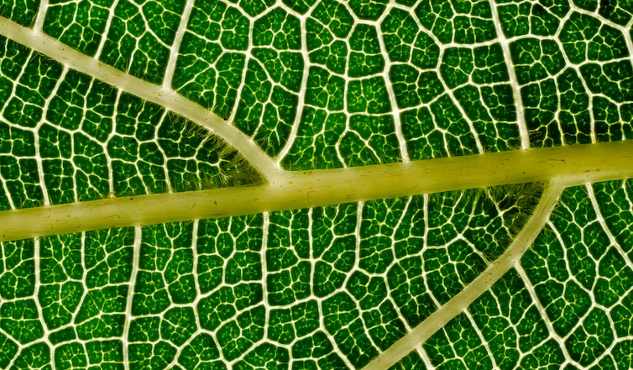
That sharp, green smell of freshly cut grass? It’s a plant’s cry for help – and it may work as a less toxic pesticide for farmers
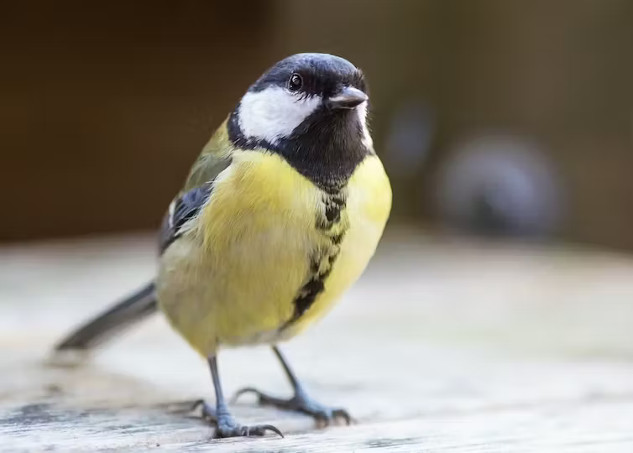
How bird feeders help small species fight infection
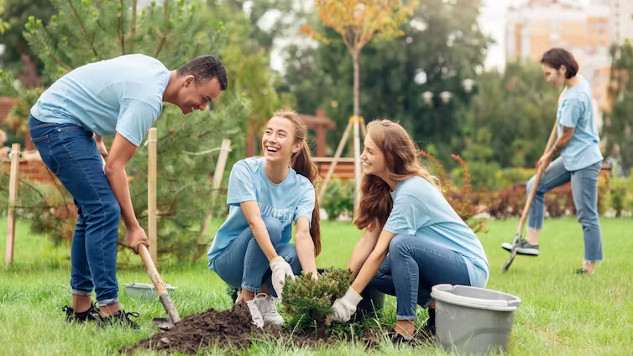
Every day, we are bombarded with messages about a world in crisis. Alongside the ongoing reminders of wars, economic recessions and social unrest is news about natural disasters and extreme weather
- By Jen Frey
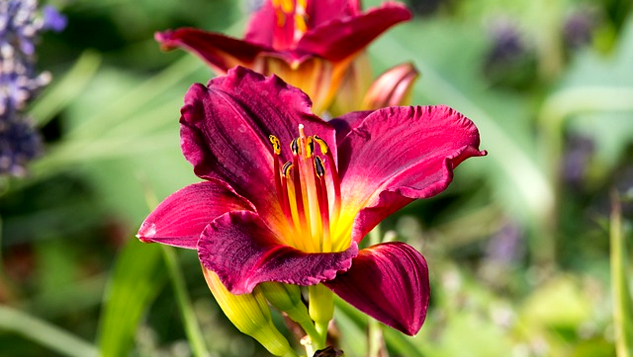
When we are in right relationship with Plants and Earth, we naturally flow out of the consumer mind frame. We move into intimacy. We want to honor them and be of service to them.
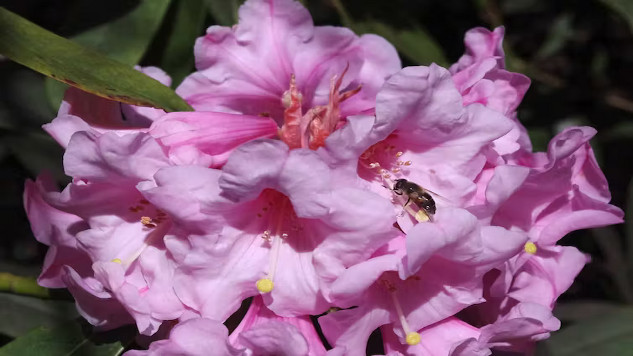
Neither of these is quite accurate. Rhododendrons have an ancient legacy older than the Himalayas and a history intertwined with poison, medicine and folklore.
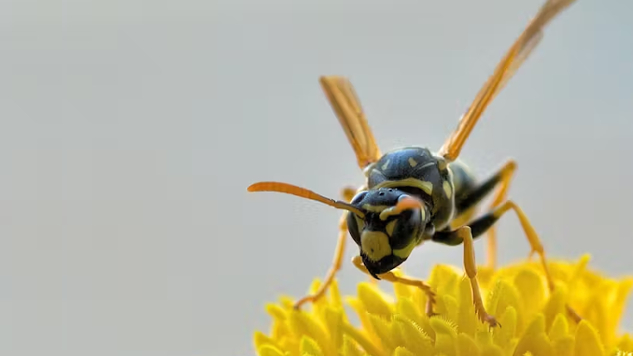
People loves bees, but their cousins the wasps often provoke a far less friendly reaction. The much-maligned insects often inspire fear, disgust or even the “kill it with fire” response.
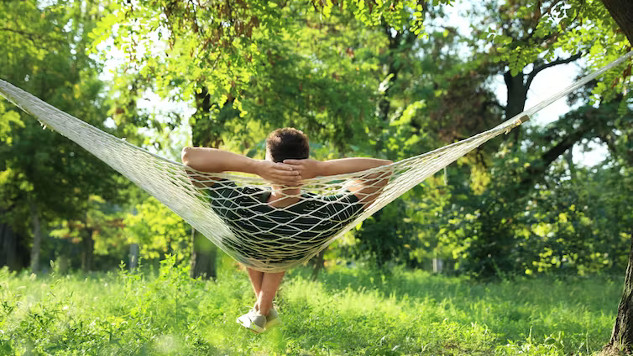
A pristine garden can come with an environmental cost. The chemicals we use to kill weeds and bugs rely on fossil fuels, and can disrupt local wildlife.
- By Jen Frey
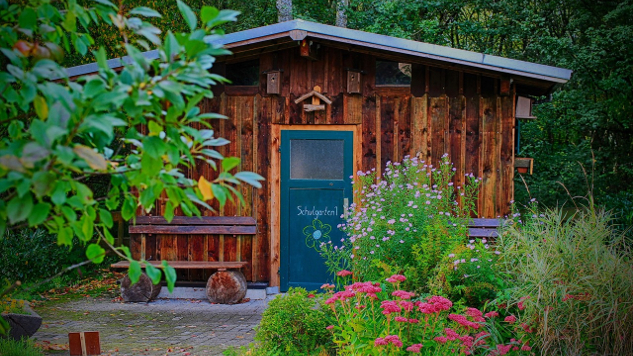
Plants make this amazing, wonderful, fantastic planet livable. Among many gifts, they provide the oxygen that we need to breathe.
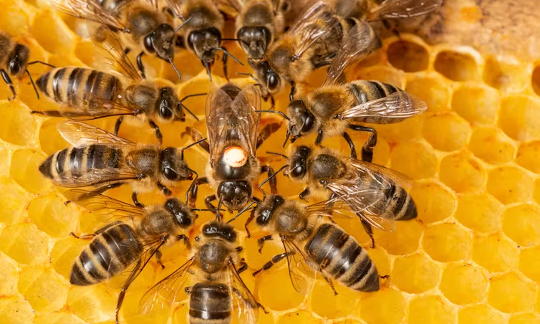
A honey bee’s life depends on it successfully harvesting nectar from flowers to make honey. Deciding which flower is most likely to offer nectar is incredibly difficult.
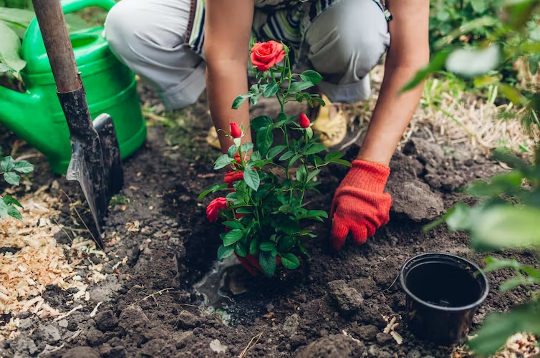
Here are the unexpected risks and hazards that gardening can pose to your health and safety. Learn how to protect yourself and stay safe while enjoying your favorite outdoor hobby.
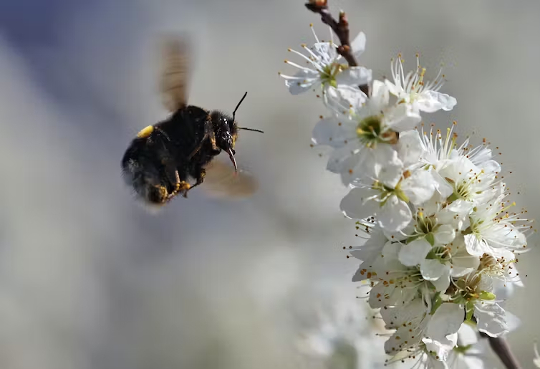
Dive into the fascinating world of bees and discover their incredible abilities to learn, remember, and make decisions. Explore their unique sensory experiences and vital role in pollination.

I’d say most potted orchid deaths arise from drowned roots. Conversely, I’ve seen people desiccate cacti believing they don’t need water.
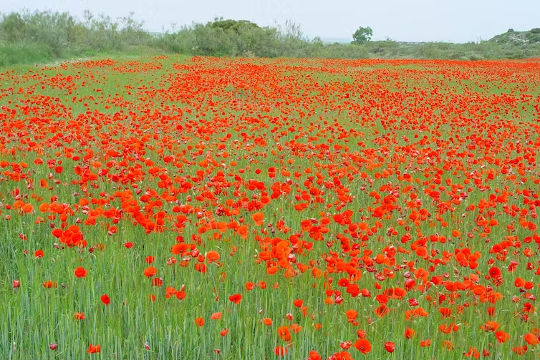
Poppies can be a problem for crops if they appear in large numbers. We informally call them weeds, but what are they really and how bad are they?
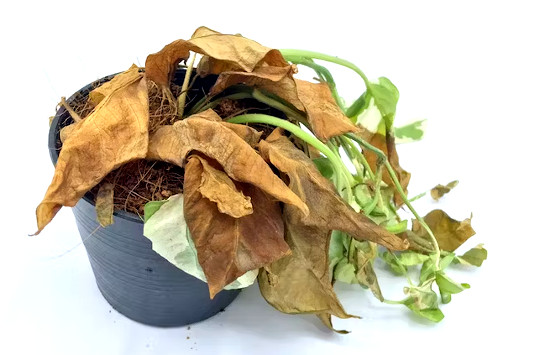
New research shows your plants could be silently screaming at you.
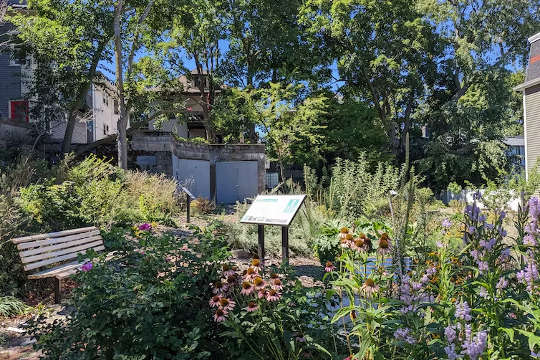
One new idea that’s gaining attention is the concept of food forests – essentially, edible parks.
- By Nick Goltz
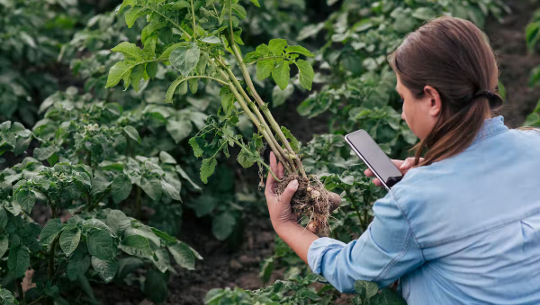
Here are four trends I’ve seen online recently that have stood out as being especially misleading or potentially damaging to plants.
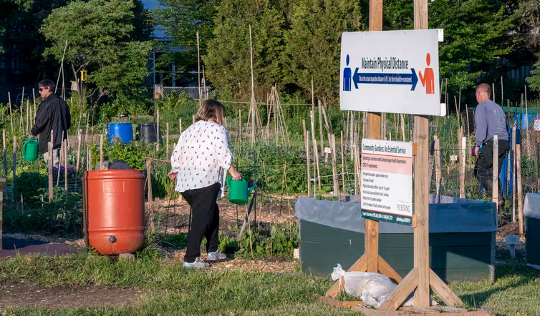
It’s garden season, which means gardeners are beginning to enjoy their homegrown vegetables. However, for those who live in cities, urban life can reinforce the idea that gardens are a bonus, maybe a hobby, but not a necessity of life.
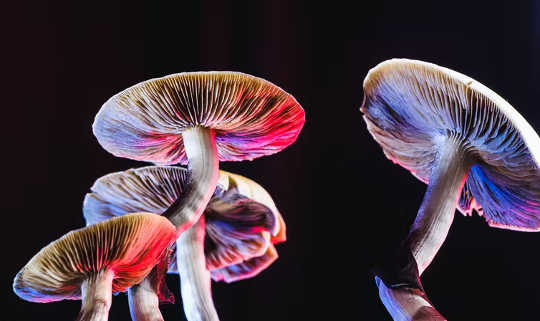
Nearly all of Earth’s organisms communicate with each other in one way or another, from the nods and dances and squeaks and bellows of animals, through to the invisible chemical signals emitted by plant leaves and roots. But what about fungi?
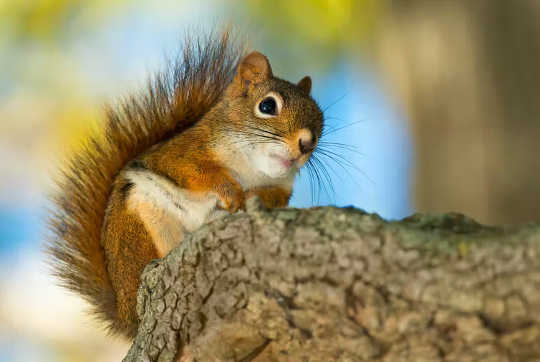
It’s not as easy being a squirrel as you might think. They live a relatively solitary life guarding hard-won food stores to survive the tough winters















